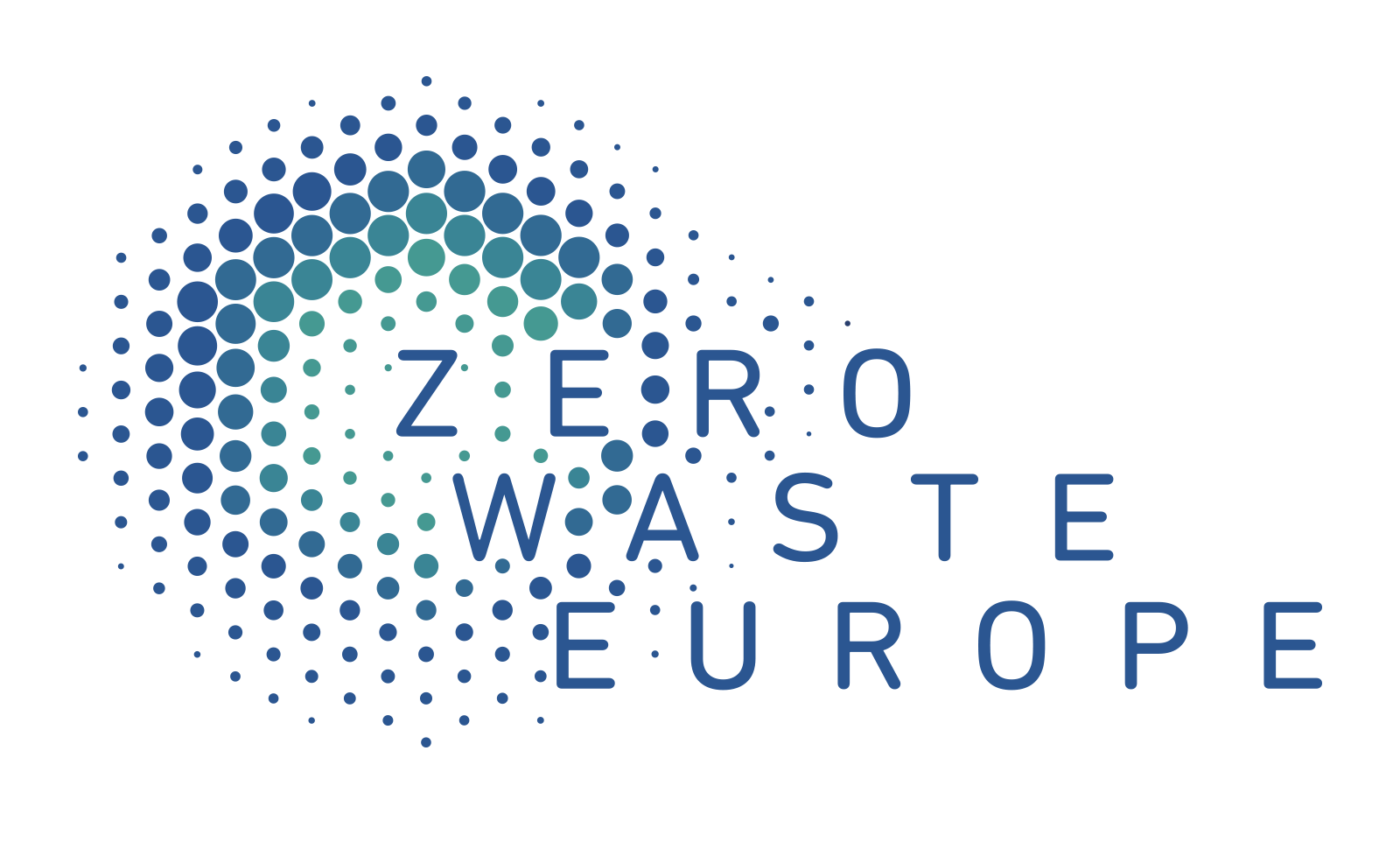A lifecycle assessment guide for plastic fuels
Measures should be taken to prevent improper counting of ‘emission reductions’ when looking at plastics to fuels.
In our latest report Counting Carbon: a lifecycle assessment guide for plastic fuels by Bellona and Zero Waste Europe, we explore the need to measure the fossil carbon embedded within plastics from the extraction of carbon right through to its emission into the atmosphere.
Converting fossil plastics to fuels is sometimes marketed as a part of the solution to the environmental and waste problems the plastic industry is currently facing.
These fuels are produced by converting plastics back to their original form, fossil fuels (plastic refining) where they are ultimately burnt releasing fossil carbon into the atmosphere, exacerbating climate change.
Some proponents have claimed that plastic fuels could be labelled as low-carbon, effectively using plastic production as a stepping stone to greenwash CO2 coming from fossil oil and gas. Proponents of plastic fuels have tried to achieve this by labelling the input as waste, therefore simply ignoring that fossil carbon in their greenhouse gas (GHG) calculations.
Favourable accounting, using selective life cycle assessment (LCA) (with narrow boundaries such as cradle-to-gate or gate-to-gate), allows for the CO2 emissions from the burning of plastics to be lost, giving the false impression that almost no GHGs will be emitted to the atmosphere.
By promoting plastic fuels through various channels, the oil, gas and petrochemical industries can continue extracting and releasing fossil carbon into the atmosphere without any economic or political consequences. Partial LCAs and mislabelling of inputs for plastic fuels play into such narratives since they omit over 90% of the GHG emissions they cause.
To prevent gaming and selective accounting, robust guidelines for a full LCA are needed. The fossil carbon embedded within plastics needs to be traced from the extraction of the fossil carbon to its emission into the atmosphere. In LCA terms, this translates to a cradle-to-grave LCA which takes into account both the fossil origin of the plastic and the emissions caused by the final combustion of the fuel.
View the report Counting Carbon.
